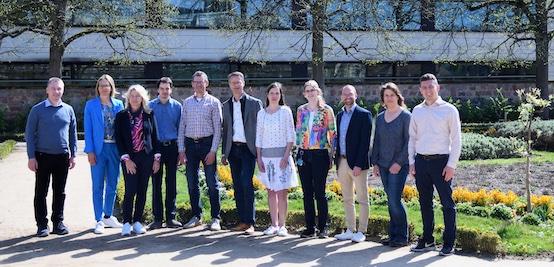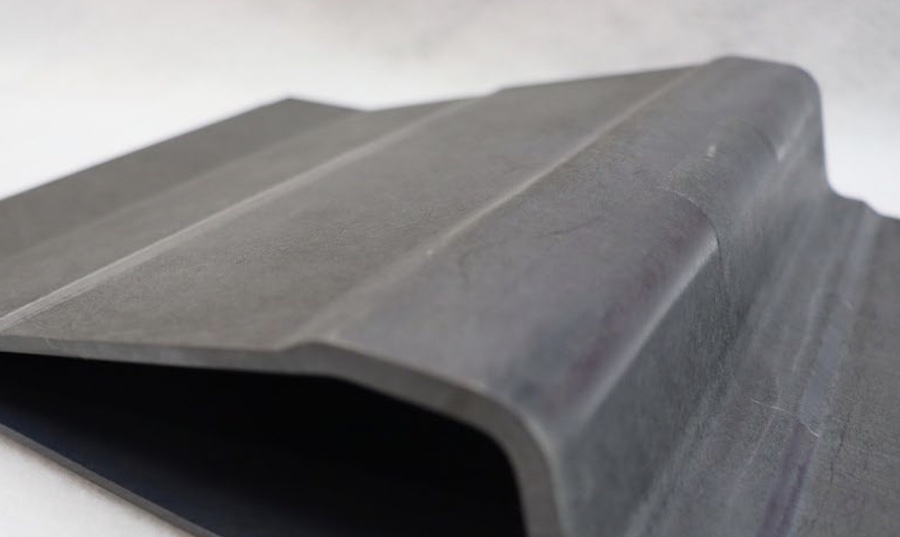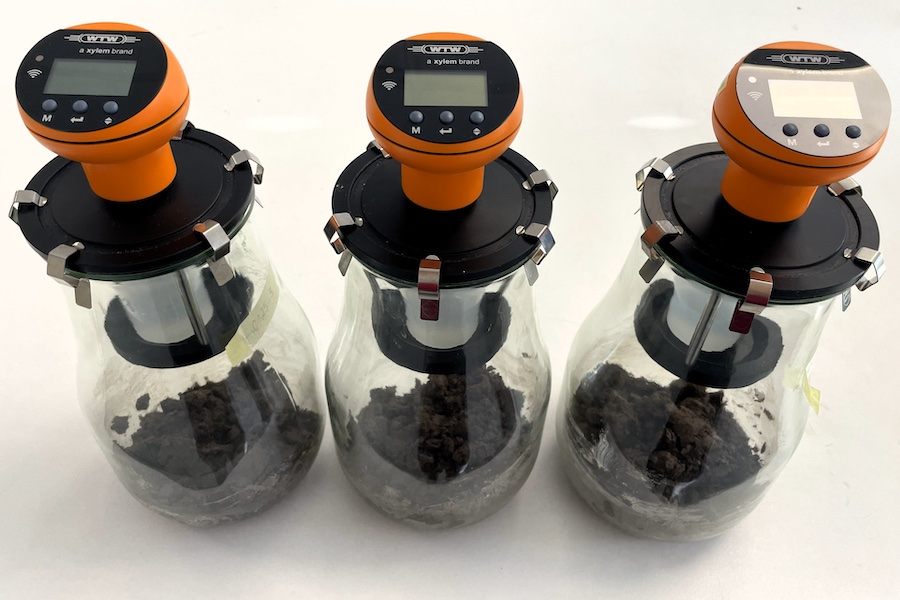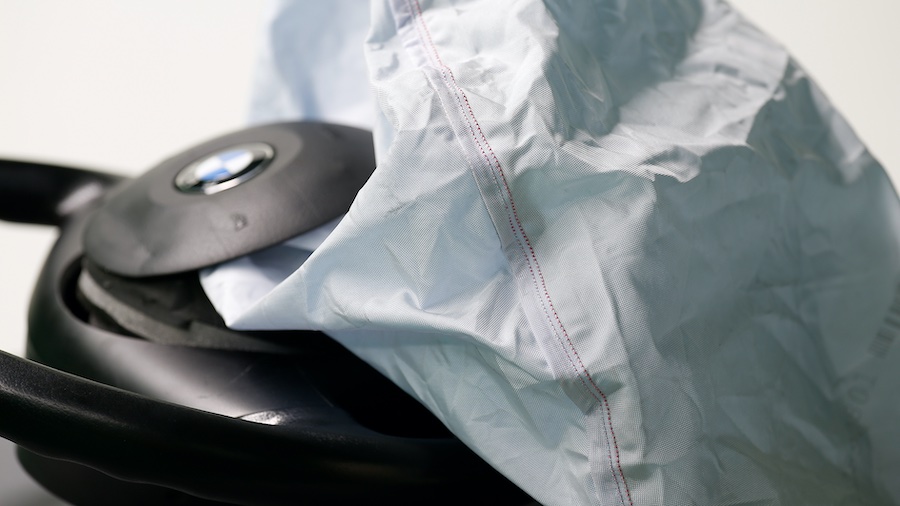#Research & Development
Bio-based polyesters for challenging long-term applications
In the planned project, bio-based materials will be optimized through targeted additivation to be comparable to petrochemical plastics. In numerous projects in recent years, researchers from the Fraunhofer Institute for Structural Durability and System Reliability LBF have conducted research in the field of plastic additives and can improve the long-term properties of plastics made from both fossil and renewable raw materials. The aim of the project is to replace petrochemical-based technical plastics in a sustainable way based on the knowledge gained so far in material optimization and to implement this along the entire value chain.
Minimal changes in the manufacturing process
The project addresses the challenges of the long-term properties of bioplastics. In a comprehensive literature review, existing data on long-term stability and the stabilizers used are first compiled. Together with the project partners, a specification sheet will be created that defines the material properties to be achieved. Market-available bioplastics and additives will be identified and tested for their properties. The modification of the bioplastics will be carried out by developing new formulations on a pilot plant scale. The aim is to enable material substitution with minimal changes to existing processing methods.
The Fraunhofer scientists are looking for partners from companies along the value chain, starting with manufacturers of plastics and additives, and including companies that want to substitute individual components in their designs, with a particular focus on developers and producers of finished components.
© Graphic: Fraunhofer LBF
The use of novel additive systems should extend the life cycle of bio-based polyesters.
Securing competitive advantages together: sustainable, sophisticated plastic products
OEMs and manufacturers of plastic components in the construction, automotive, sports and leisure, electrical and electronics, and household appliance sectors who want to replace petrochemical-based plastics with bio-based solutions will gain sufficient knowledge to optimize their own research and development in a targeted and individualized way by participating in the new project “Bio-based polyesters for demanding long-term applications”. They will benefit directly from the latest findings, thereby securing competitive advantages. Raw material and additive manufacturers can expand their existing product portfolio with new applications, and compounders can prepare for future challenges in the use of bioplastics.














